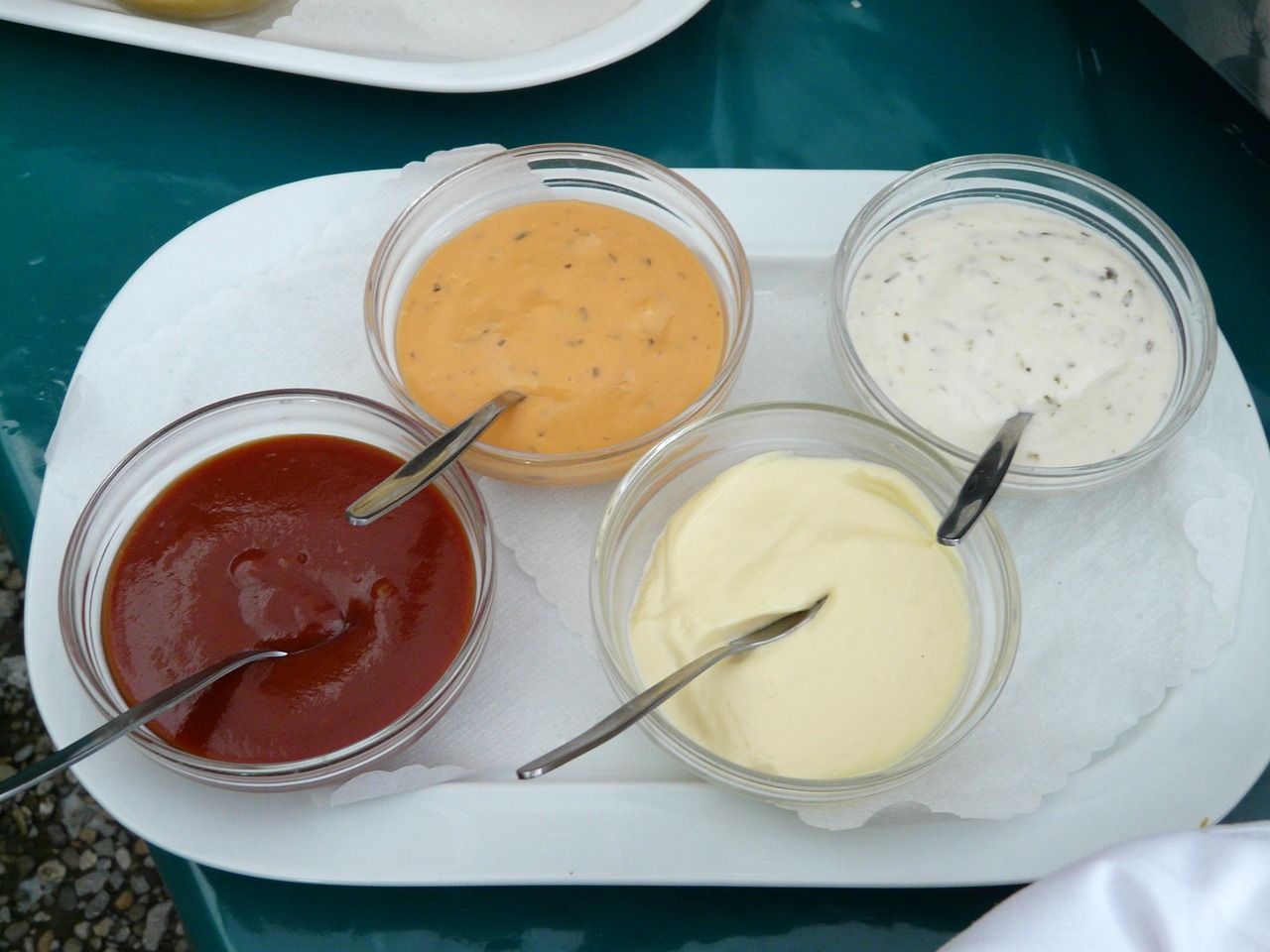🍽️ Surprise: food thickeners are actually digested, under this condition
Follow us on Google News (click on ☆)
A team from the University of British Columbia has discovered that certain human gut bacteria are capable of digesting these cellulose derivatives, thanks to specific enzymes. These enzymes, normally activated by natural polysaccharides found in fruits and vegetables, can also break down artificial molecules used as thickeners. This digestion was previously considered impossible due to the structure of these additives, which makes them resistant.

Illustration image Pixabay
Natural polysaccharides, like those found in grains or plants, serve as a trigger by 'priming' the bacteria. Without this presence, the enzymes necessary for degrading thickeners are not produced, explaining why previous studies, conducted in isolation, had not detected this phenomenon. This interaction highlights the importance of dietary diversity to fully activate the digestive potential of our microbiome.
Although these additives are recognized as safe after years of use, this discovery opens the way to new research on their biological effects. Understanding how they are metabolized could shed light on their impact on nutrition and gut health, beyond their simple role as texture agents in products like ketchup or toothpaste.
The next steps will involve verifying this ability in a broader range of human gut bacteria and studying the in vivo implications. As the researchers emphasize, this breakthrough challenges preconceived ideas and shows that even compounds considered inert can play an active role in our internal ecosystem.
Natural polysaccharides
Polysaccharides are long chains of sugar molecules, naturally present in plants such as fruits, vegetables, and grains. They constitute a major source of dietary fiber, essential for healthy digestion.
When we consume these polysaccharides, they serve as food for gut bacteria, which break them down into usable nutrients. This process produces short-chain fatty acids, beneficial for gut and overall health.
Natural polysaccharides activate specific enzymes in bacteria. These enzymes are then capable of degrading not only natural polysaccharides but also artificial cellulose derivatives, thereby expanding the microbiome's diet. This discovery highlights the interdependence between our diet and bacterial activity.